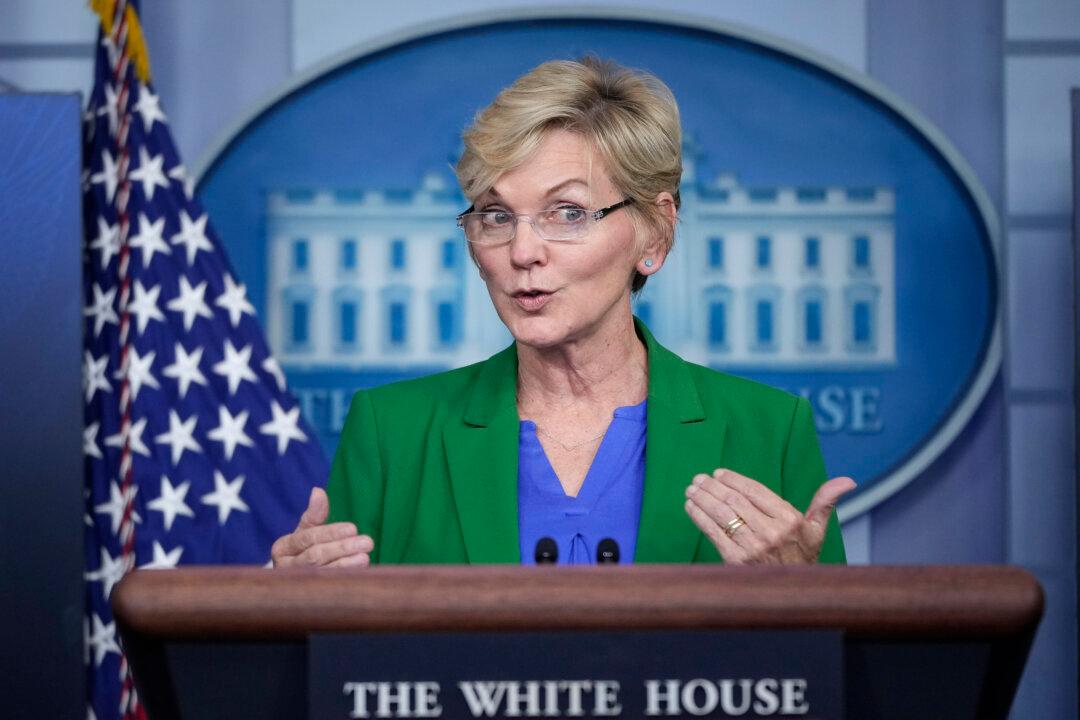In separate hearings on April 28, U.S. Energy Secretary Jennifer Granholm was questioned on her department’s proposed 2023 budget, by the House Committee on Energy and Commerce and the House Appropriations Committee’s energy subcommittee.
At $48.2 billion, the budget would increase by 21.7 percent from the enacted 2021 level. It envisions $2.1 billion to fund a new under secretary for infrastructure as well as $214 million for the Office of Clean Energy Demonstrations.





